Walgreens to pay $500,000 for overcharging at Vermont checkouts
Walgreens has agreed to pay $500,000 to settle claims of overcharging at its stores in Vermont — including in one instance where an item rang at the register $23 higher than its shelf price, the state Attorney General’s Office said Wednesday.
“Deceptive advertising harms consumers and the marketplace, and it will not be tolerated,” Attorney General Charity Clark said in a statement announcing the agreement.
Walgreens, which operates nearly 8,000 stores in the U.S., did not “contest the facts” in the settlement and cooperated with the investigation, according to the agreement. The company did not return calls for comment.
The pricing discrepancies were discovered in a routine inspection by the Vermont Agency of Agriculture, Food & Markets’ weights and measures program, according to the agreement, released Wednesday. The inspections involved visits to the stores to make sure that shelf prices of items matched the prices at the registers, according to the attorney general’s statement.
Amelia Vath, a spokesperson for the attorney general, said the “pattern of pricing inaccuracies” uncovered during the routine checks at the stores in Vermont prompted the opening of a larger investigation to determine what was going on.
Between 2018 and 2024, the statement added, the state inspectors found 416 overcharge errors, with the overcharges ranging from 4 cents to $23 per item, with a median overage of $1.92.
The inspectors randomly selected products at the stores, from personal care and health items to groceries, according to Vath. In the case of the largest price discrepancy, the skin care product No7 Booster Serum was listed on the shelf for $10.99 but rang up at the register for $34.39, Vath stated in an email.
The Walgreens stores included locations in Barre, Brattleboro, Bristol, Burlington, Colchester, Enosburg Falls, Essex Junction, Fair Haven, Hardwick, Manchester Center, Middlebury, Milton, Montpelier, Morrisville, Newport, Rutland, Shelburne, South Burlington, St. Albans, West Rutland, Williston, Wilmington and Winooski.
Vath said the parties reached a settlement before a lawsuit was filed.
Investigations leading to settlements with retailers related to overcharging claims are not “terribly uncommon” in Vermont, according to Vath. In one of Vermont’s largest such cases involving price discrepancies, the state settled with Dollar General in 2017 for $1.7 million.
Under the terms of the Walgreens settlement, in addition to the $500,000 payment, the retailer is required to submit third-party pricing audits from stores to the Attorney General’s Office for the next three years and correct any inaccuracies.
Walgreens “has explained that the acquisition of Vermont Rite Aid stores and the challenges in store operations and staffing associated with the COVID-19 pandemic were the primary catalysts for Walgreens’ heightened failure rate in the year 2022,” the document stated.
“Walgreens’ overcharge rates improved significantly in 2023 and 2024, decreasing each year,” the document added.
Of the $500,000 that Walgreens has agreed to pay the state, the settlement calls for $25,000 to go to the Community Health Center of Burlington, which works to provide affordable health services to Vermonters.
The remainder of the settlement money will go to the state’s general fund.
___
This story was originally published by VTDigger and distributed through a partnership with The Associated Press.


